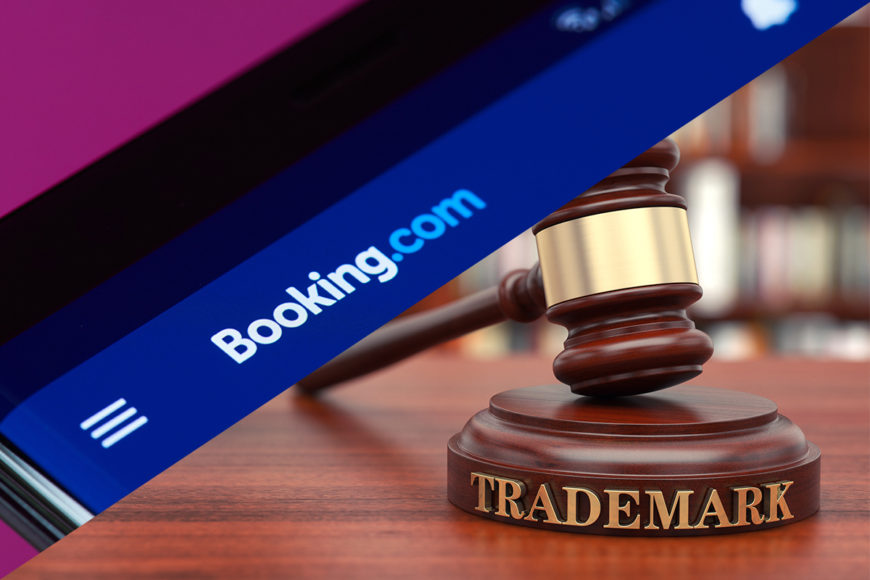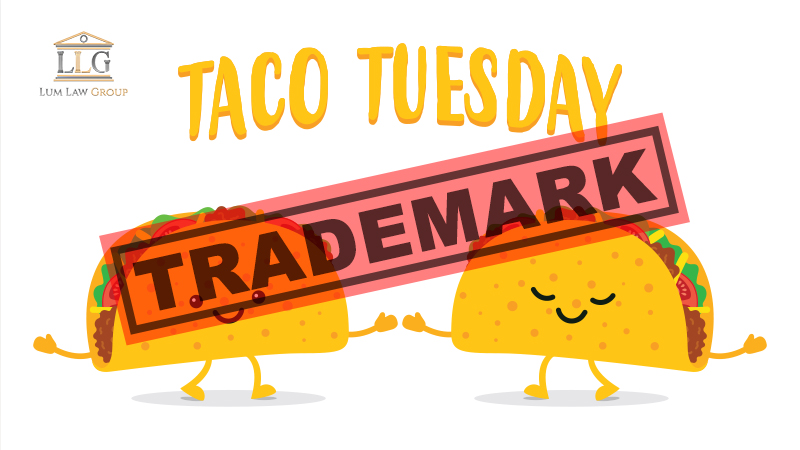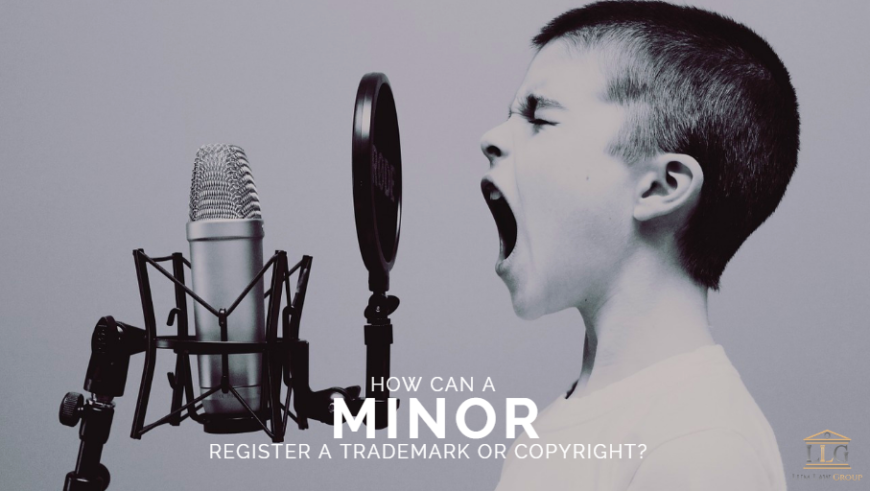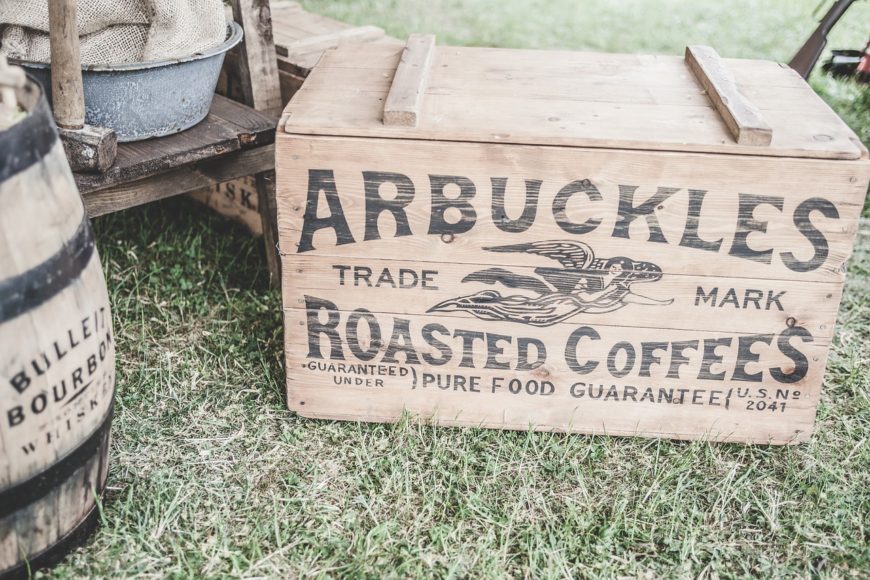So by now you’ve all heard about how a famous basketball player attempted to register a trademark for the term, “Taco Tuesday” and a university attempted to trademark the word, “the”.
Well, the first question is, what is a trademark? People often confuse copyrights, trademarks, and patents. Now although there can be an overlap, each concept is very distinct. A trademark is a word, or a design, that becomes associated with a company’s business; A copyright is an original design, while a patent is a new, or improved product, process, business method or design. So there is some overlap, but for now, let’s just focus on trademarks
A trademark (or service mark) is a symbol or a word or words, a “mark” that is, or becomes distinctive for a product or service. When you see the mark, you think of the business. The “apple” for Apple, Inc., the distinctive “M” for McDonald’s, the phrase “Just do it” for Nike. These are all registered trademarks. They are all distinctive for their companies and the companies’ products or services.
Recently, applications were filed to register “Taco Tuesday” and the word “the”. In both cases, the United States Patent and Trademark Office (USPTO) have denied their applications. It would seem obvious that you can’t register “The” or “Taco Tuesday” given the widespread use of both terms. But that isn’t always the case.
In the case of “the”, a generic term cannot be registered as a trademark, and you can’t get more generic than “the”, except for maybe “a”. The reason why this is not allowed is that since it is used all the time, if THE Ohio State University had a registration, they could literally stop anyone from using the on any shirt anywhere. That just isn’t going to happen.
“Taco Tuesday” is another matter. In fact there are two current federal trademark registrations for Taco Tuesday for restaurant services, only. However, in denying the application the USPTO stated that the mark is considered to be a “common place term, message or expression”. As such, it cannot be registered. The USPTO found it was also too similar to a registration for “Techno Taco Tuesday” in the same category of services. Thus, the term “Taco Tuesday” was registerable at one time, but at this time, it is now to common to be allowed registration.
However, as the attorneys for the applicant for Taco Tuesday have since stated, there can be another motive to file such an application: a statement from the USPTO that the term is commonplace, and therefore not registerable by anyone. Thus, it is likely that this determination would be used by individuals who might face litigation from the trademark holders for Taco Tuesday for restaurant services from attempting to broaden the scope of their own registrations.
Thus, the moral of this is that once you come up with a catchphrase for your business, better to protect it early, and police its use, before it becomes essentially a generic term.




